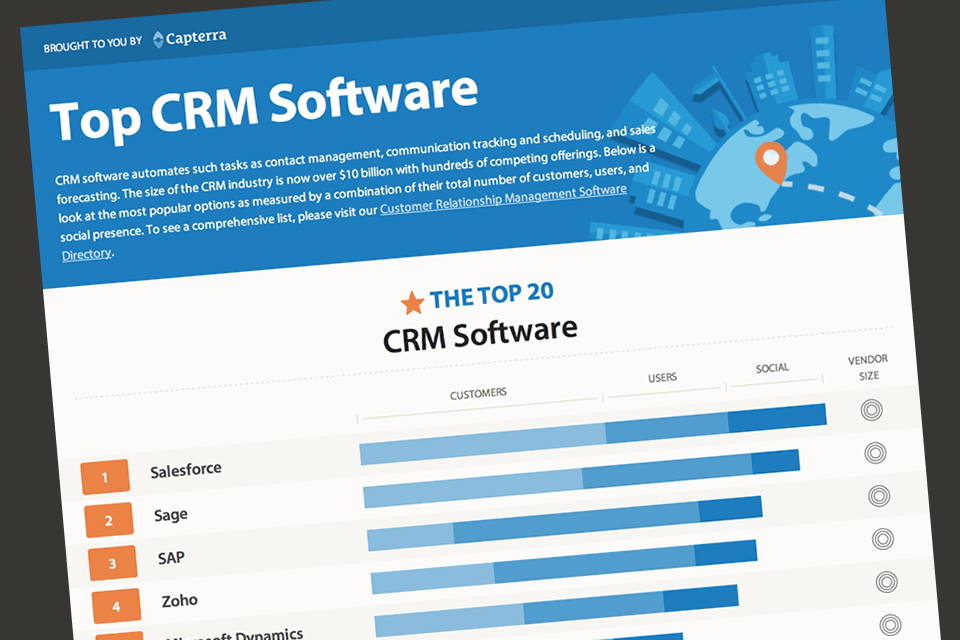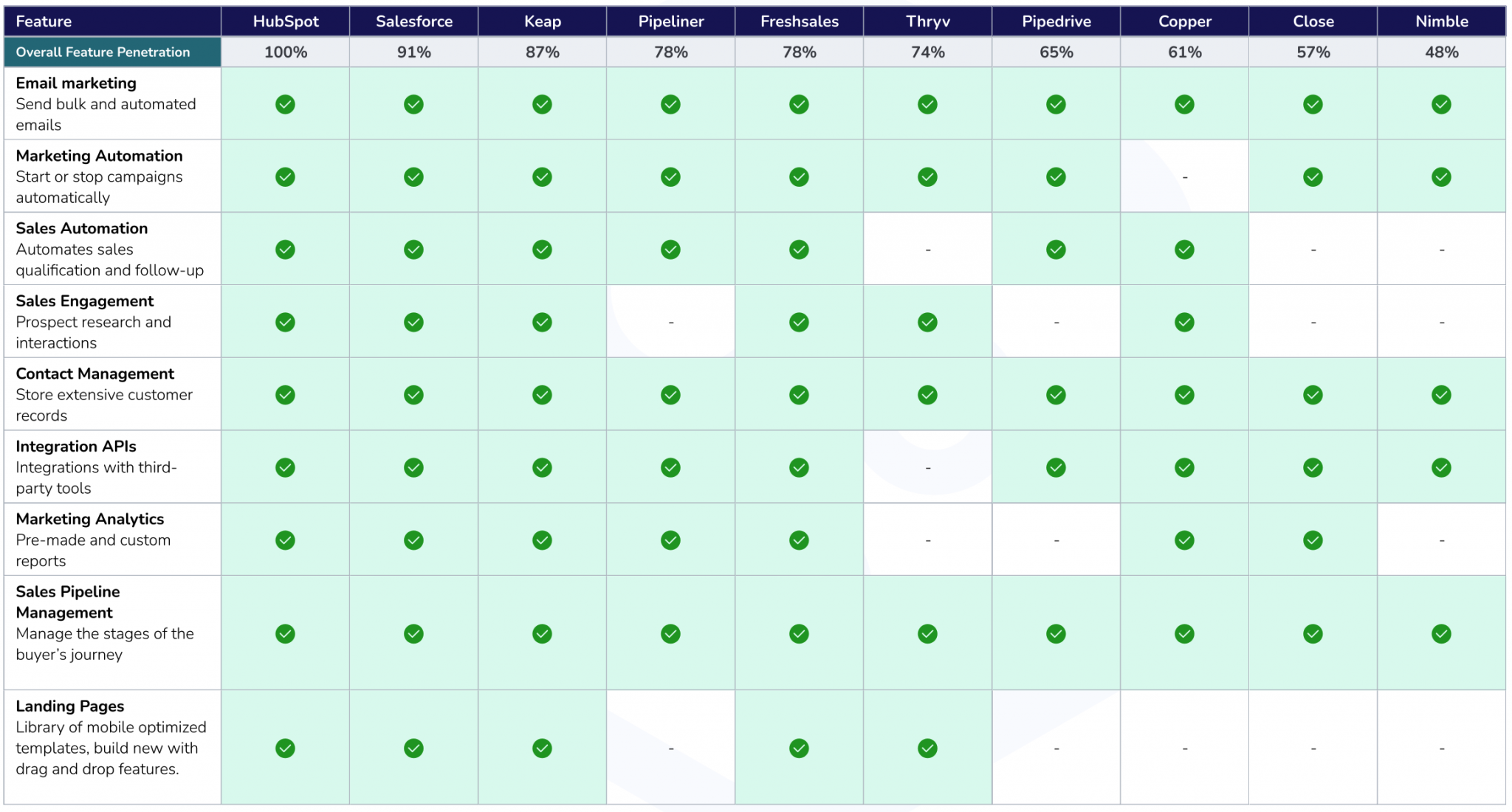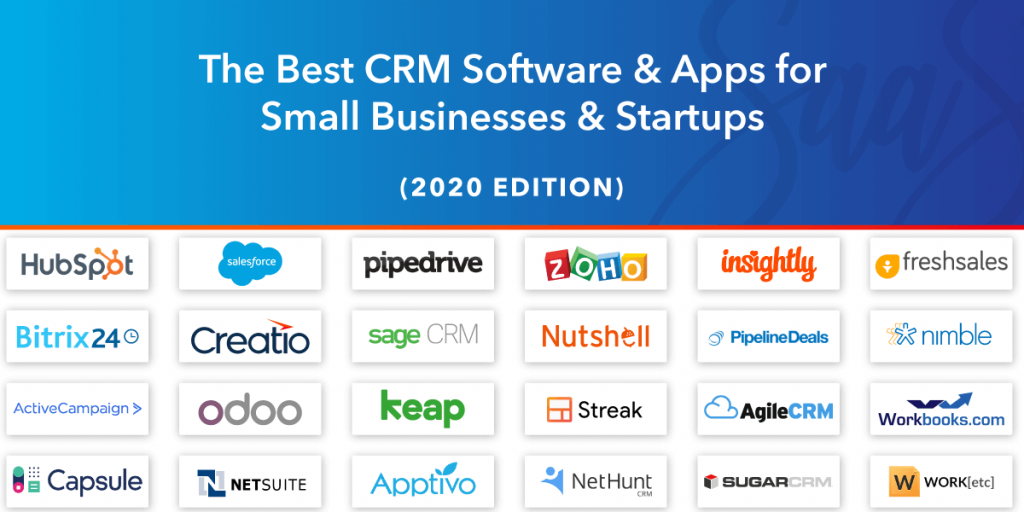Discover the transformative power of CRM best practices. Learn how to implement effective strategies, optimize performance, and unlock the full potential of your CRM system. Dive into the world of CRM and revolutionize your customer interactions.
CRM (Customer Relationship Management) is the backbone of modern businesses, enabling organizations to manage and nurture their relationships with customers. By adopting best practices, businesses can streamline their operations, enhance customer satisfaction, and drive growth.
CRM Best Practices

Effective customer relationship management (CRM) strategies are crucial for businesses seeking to enhance customer satisfaction, foster loyalty, and drive growth. Implementing best practices in CRM empowers organizations to streamline processes, optimize interactions, and maximize the value of customer relationships.
Benefits of Implementing CRM Best Practices
- Improved customer satisfaction: By understanding customer needs and preferences, businesses can tailor personalized experiences, leading to increased satisfaction.
- Enhanced customer retention: Effective CRM strategies help businesses identify and nurture valuable customers, reducing churn and fostering long-term relationships.
- Increased sales and revenue: CRM systems provide insights into customer behavior and preferences, enabling businesses to target marketing campaigns and sales efforts more effectively.
- Improved operational efficiency: Automated processes and centralized customer data streamline operations, reducing costs and improving productivity.
- Better decision-making: CRM systems provide real-time data and analytics, empowering businesses to make informed decisions based on customer insights.
CRM Software Comparison: Crm Best

Selecting the right CRM software is crucial for businesses seeking to enhance customer relationships and streamline operations. To assist in this process, we have compiled a comprehensive table comparing different CRM software options, highlighting their key features and benefits.
When evaluating CRM software, consider the specific needs of your business, including industry, company size, and budget. Assess the features offered by each software and how they align with your requirements. Consider factors such as customer management, sales tracking, marketing automation, and reporting capabilities.
Key Features and Benefits
| Software | Key Features | Benefits |
|---|---|---|
| Salesforce |
|
|
| HubSpot |
|
|
| Zoho CRM |
|
|
CRM Implementation
CRM implementation is the process of integrating a customer relationship management (CRM) system into an organization. It involves several steps, including planning, customization, deployment, training, and ongoing support. Effective CRM implementation can enhance customer satisfaction, streamline operations, and improve overall business performance.
Challenges and Opportunities, Crm best
CRM implementation presents both challenges and opportunities for organizations. Challenges may include:
- Data migration and integration
- User adoption and resistance to change
- Cost and time constraints
Opportunities associated with CRM implementation include:
- Improved customer service and satisfaction
- Increased sales and marketing effectiveness
- Enhanced operational efficiency
Best Practices for Successful Implementation
To ensure a successful CRM implementation, organizations should consider the following best practices:
- Define clear goals and objectives
- Involve stakeholders throughout the process
- Choose the right CRM software
- Customize the system to fit specific needs
- Provide adequate training and support
- Monitor and evaluate performance
CRM Analytics
CRM data is a goldmine of insights that can help businesses improve their customer relationships, sales performance, and overall profitability. By analyzing CRM data, businesses can gain valuable insights into customer behavior, preferences, and trends. This information can then be used to develop targeted marketing campaigns, improve customer service, and identify opportunities for growth.
Examples of Valuable Insights from CRM Data
- Which customers are most profitable?
- What are the most common customer pain points?
- What are the most effective marketing campaigns?
- What are the trends in customer behavior?
- What are the opportunities for growth?
Importance of Using Analytics to Improve CRM Performance
Using analytics to improve CRM performance is essential for businesses that want to stay ahead of the competition. By analyzing CRM data, businesses can identify areas for improvement and make data-driven decisions that will lead to better results. For example, a business might use CRM data to identify customers who are at risk of churning and then develop targeted marketing campaigns to win them back.
CRM Case Studies

Case studies are valuable resources for understanding the real-world benefits of CRM implementations. They provide insights into the challenges faced, the solutions implemented, and the results achieved.
Let’s explore some successful CRM case studies and identify the factors that contributed to their success.
Salesforce Success Story
Salesforce is a leading CRM provider, and its success stories are widely documented. One notable case study is that of Coca-Cola.
- Coca-Cola implemented Salesforce to improve customer engagement and sales effectiveness.
- The company saw a 27% increase in sales revenue and a 15% reduction in customer churn.
- Factors contributing to success: a clear implementation strategy, employee training, and ongoing support.
CRM Trends
The CRM industry is constantly evolving, with new trends emerging all the time. These trends are driven by changes in technology, customer behavior, and business needs. By staying ahead of these trends, businesses can improve their CRM practices and gain a competitive advantage.
Artificial Intelligence (AI)
AI is one of the most important trends in the CRM industry. AI-powered CRM systems can automate tasks, provide insights into customer data, and personalize customer interactions. This can help businesses improve their efficiency, productivity, and customer satisfaction.
Customer Data Platforms (CDPs)
CDPs are another important trend in the CRM industry. CDPs collect and unify customer data from multiple sources, providing businesses with a complete view of their customers. This data can be used to personalize marketing campaigns, improve customer service, and develop new products and services.
Omnichannel Customer Engagement
Customers expect to be able to interact with businesses through a variety of channels, including phone, email, chat, and social media. Businesses need to be able to provide a seamless and consistent experience across all of these channels.
Predictive Analytics
Predictive analytics can be used to identify customer needs and predict future behavior. This information can be used to personalize marketing campaigns, improve customer service, and develop new products and services.
Real-Time Customer Insights
Real-time customer insights can be used to improve customer service and make better business decisions. Businesses need to be able to track customer behavior in real time and respond quickly to changes in customer sentiment.
Recommendations for Staying Ahead of the Curve
To stay ahead of the curve in the CRM industry, businesses need to:* Invest in AI-powered CRM systems
- Implement a CDP
- Provide omnichannel customer engagement
- Use predictive analytics
- Get real-time customer insights
Closing Summary
In conclusion, implementing CRM best practices is essential for businesses seeking to optimize their customer relationships and achieve long-term success. By following the strategies Artikeld in this comprehensive guide, you can harness the power of CRM to build lasting relationships, drive growth, and stay ahead of the competition.
 Lingkupruang.biz.id The Ultimate Guide to CRM Mastery
Lingkupruang.biz.id The Ultimate Guide to CRM Mastery